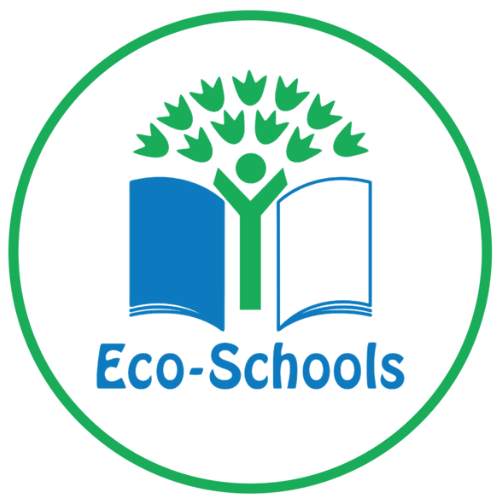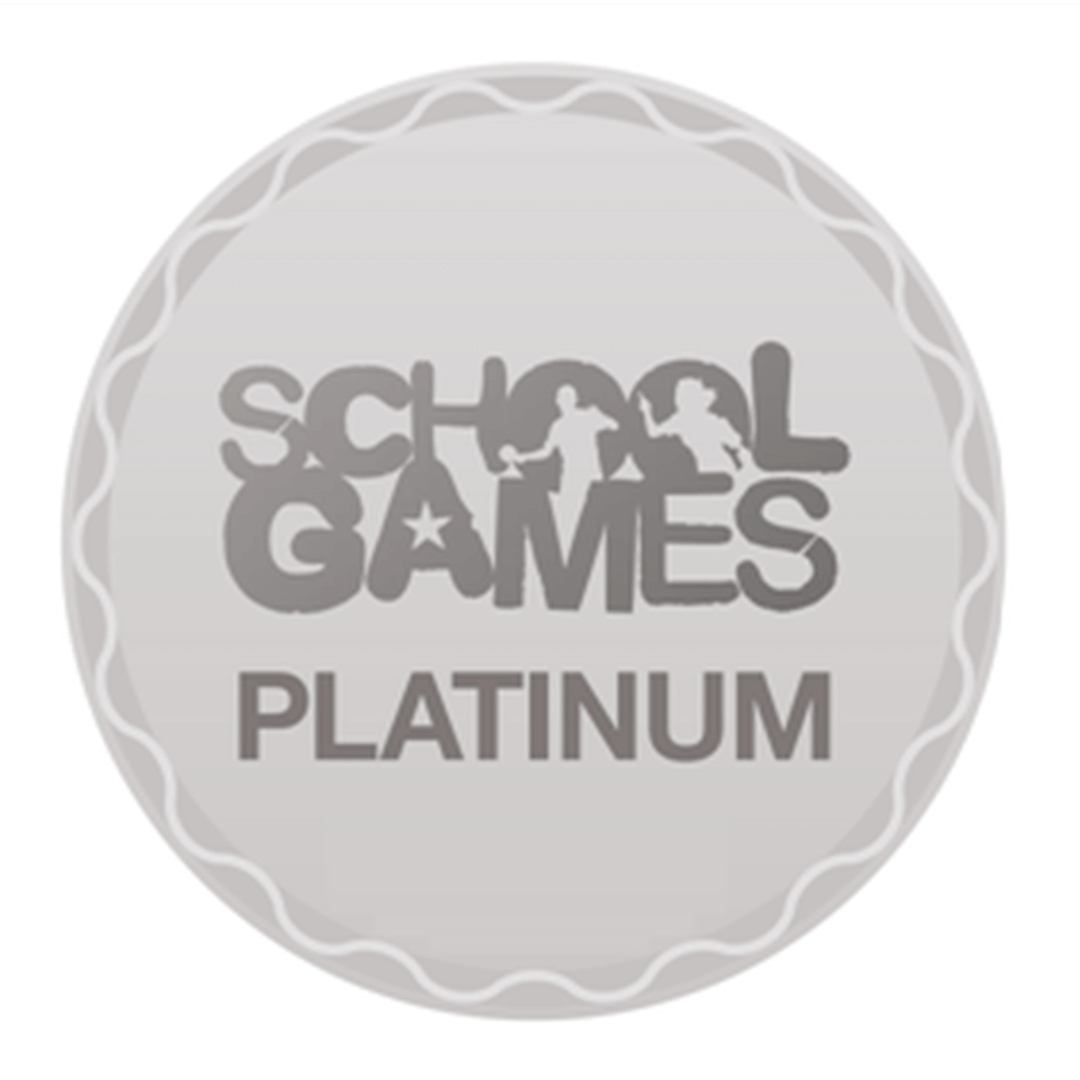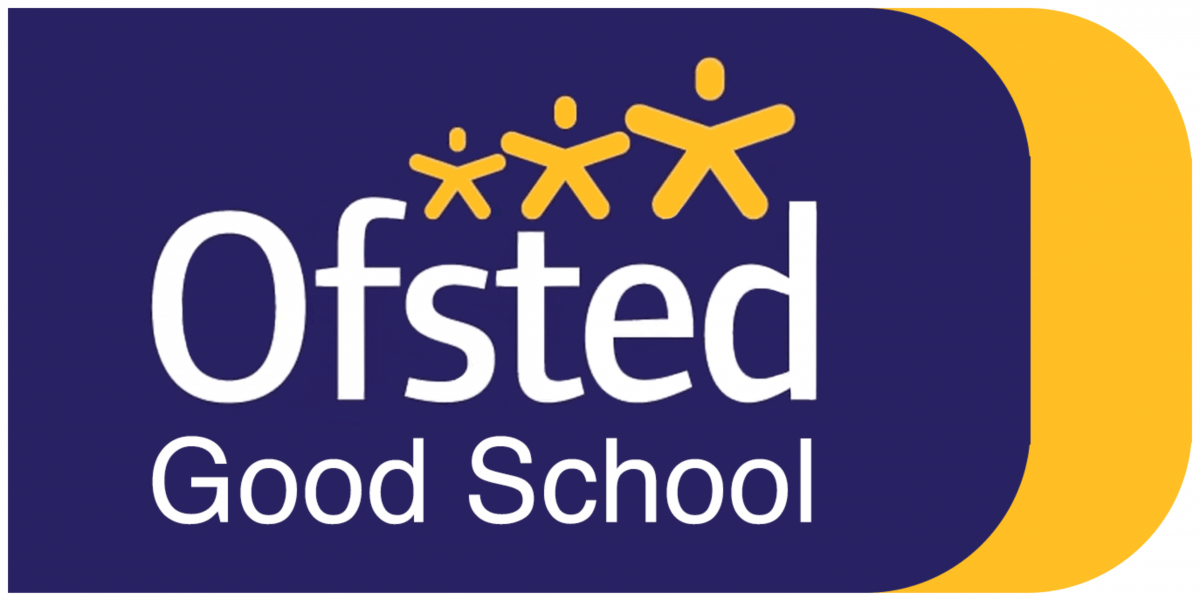Writing Intent, Implementation & Impact
Intent
At Ferrars Junior School we want children to write independently and confidently for a variety of audiences and purposes within different subjects. We believe pupils should be given the opportunity to not only increase their attainment, but also enjoyment and engagement in writing. The school uses ‘Talk 4 Writing’ to explore imitation, innovation and independent application, and skills developed in writing lessons are also encouraged throughout all curriculum writing. The approach moves from dependence towards independence, with the teacher using shared and guided teaching to develop the ability in children to write creatively and powerfully.
Implementation
We underpin our English work by establishing a core reading spine of quality fiction, poetry and non-fiction that all children experience and draw upon. Imaginative units of work are developed to create a whole-school plan that is consistently refined, is well-resourced and documented to release teachers from planning and preparation so that they can focus on adapting their teaching for children’s learning.
The key phases of the Talk 4 Writing process enable children to imitate orally the language they need for a particular topic, before reading and analysing it, and then writing their own version. Each unit comprises of the same stages:
- Baseline assessment and planning – the ‘cold’ task
Teaching is focused by initial assessment. Teachers use what is known as a ‘cold’ task. An interesting and rich starting point provides the stimulus and content but there is no initial teaching. The aim of this is to see what the children can do independently at the start of a unit, drawing on their prior learning. Assessment of their writing helps the teacher work out what to teach the whole class, different groups and adapt the model text and plan. Targets can then be set for individuals.
- The imitation stage
The teaching begins with a creative ‘hook’ which engages the pupils, often with a sense of enjoyment. The model text is pitched well above the pupils’ level and has built into it the underlying, transferable structures and language patterns that students will need when they are writing. This is learned using a ‘text map’ and actions to strengthen memory and help students internalise the text. Once students can ‘talk like the text’, the model, and other examples, are then read for vocabulary and comprehension, before being analysed for the basic text (boxing up) and language patterns, as well as writing techniques or toolkits. Short-burst writing is used to practise key focuses such as description, persuasion or scientific explanation.
- The innovation stage
Once students are familiar with the model text, the teacher leads them into creating their own versions. A new subject is presented and the teacher leads students through planning. Shared and guided writing is then used to stage writing over a number of days so that students are writing texts bit by bit, concentrating on bringing all the elements together, writing effectively and accurately. Feedback is given during the lessons, as well as using some form of visualiser on a daily basis, so that students can be taught how to improve their writing, make it more accurate, until they can increasingly edit in pairs or on their own.
- Independent application and invention – the ‘hot’ task
Eventually, students move on to the third phase, which is when they apply independently what has been taught and practised. Students are guided through planning, drafting and revising their work independently. It is essential to provide a rich starting point that taps into what students know and what matters so that their writing is purposeful. The final piece is used as the ‘hot’ task, which clearly shows progress across the unit.
The core teaching practices and principles that are transferable across subjects are:
- Read and explore models, attentively
- Teacher as model reader, writer, mathematician, etc
- Demonstrate how to do things – ‘I do, we do, you do’
- Teach language needed orally as well as through reading
- Think aloud to explain
- Use shared and guided work
- Provide other models
- Show examples and talk it through
Grammar, Spelling & Handwriting
Although grammar skills, spelling and presentation are a major focus of Talk 4 Writing, Ferrars still designates time for stand-alone lessons where children learn and apply specific/new skills that match with the National Curriculum expectations for each year group. There is also a focus on handwriting to ensure all children write legibly and joined.
Impact
We believe writing is an essential skill that helps individuals to inform, collaborate and alert others. It is a life skill that we use to show our leaning, values and ideas. Regardless of our pupils’ future careers or occupation, they will all have to write to communicate with others and each child should leave Ferrars with the ability to do this. Through our well-developed writing scheme, assessment and intervention, all children should make at least the expected progress needed to continue their writing study in high school and beyond.








